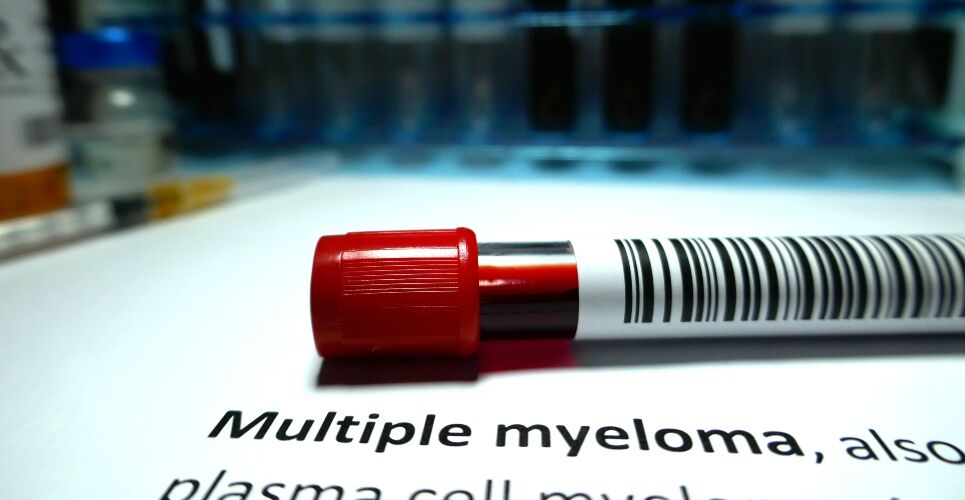A type II variation of ciltacabtagene autoleucel (cilta-cel; brand name Carvykti) has received a positive opinion from the European Medicines Agency (EMA)’s Committee for Medicinal Products for Human Use (CHMP) for use in the treatment of eligible patients with multiple myeloma, its manufacturer Janssen has announced.
Cilta-cel has been recommended for adult patients with relapsed and refractory (R/R) multiple myeloma, who have received at least one prior therapy including an immunomodulatory agent and a proteasome inhibitor, demonstrated disease progression on the last therapy, and are refractory to lenalidomide.
Cilta-cel is a B-cell maturation antigen-directed chimeric antigen (CAR) T-cell therapy and is the first CAR T-cell therapy to receive a positive CHMP opinion for this patient population as early as second line.
It is currently approved under conditional marketing authorisation in the EU for the treatment of adults with R/R multiple myeloma, after three prior lines of therapy.
Edmond Chan, EMEA lead for haematology at Janssen-Cilag, said: ‘Early resistance to standard treatments is becoming more common in patients with lenalidomide-refractory multiple myeloma, highlighting a need for new options earlier in the course of treatment.’
He added that the CHMP recommendation ‘recognises the potential of cilta-cel to significantly improve outcomes for eligible patients with relapsed and refractory multiple myeloma, as early as after first relapse.’
Cilta-cel infusion and progression-free survival
The CHMP recommendation was based on the results of a phase 3 CARTITUDE-4 clinical trial comparing the CAR T-cell therapy directed against b-cell maturation antigen versus the standard care treatment, which was the physician’s choice of pomalidomide, bortezomib and dexamethasone or daratumumab, pomalidomide and dexamethasone.
The primary endpoint was progression-free survival, defined as the time from randomisation to the first documentation of disease progression or death.
In total, 419 patients with relapsed and lenalidomide-refractory multiple myeloma who had received one to three prior lines of therapy underwent randomisation, with 208 (mean age 61.5 years, 55.8% male) receiving cilta-cel.
Cilta-cel treatment gave rise to a significantly lower risk of disease progression or death compared to standard care (hazard ratio, HR = 0.26, 95% CI 0.18 – 0.38, p < 0.001).
After 12 months, PFS was 75.9% (95% CI 69.4 – 81.1) in the cilta-cel group and 48.6% (95% CI 41.5 – 55.3) in the standard care group. In addition, a higher proportion of patients in the cilta-cel group had an overall response (84.6% vs. 67.3%), a complete response or better (73.1% vs. 21.8%) and an absence of minimal residual disease (60.6% vs. 15.6%).
In terms of safety, Grade 3 or 4 adverse events occurred in a similar proportion of participants in the two groups (96.6% vs 94.2%, cilta-cel vs standard care).

